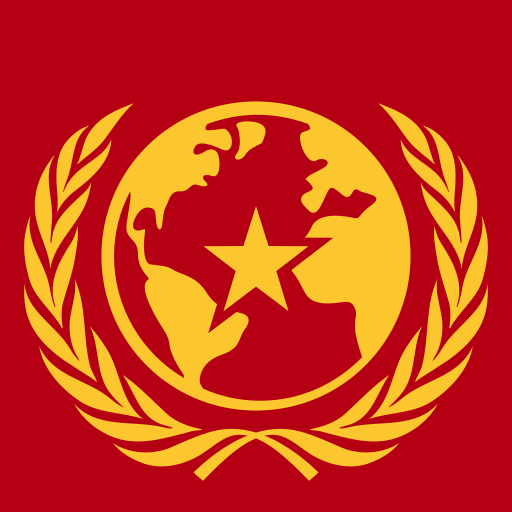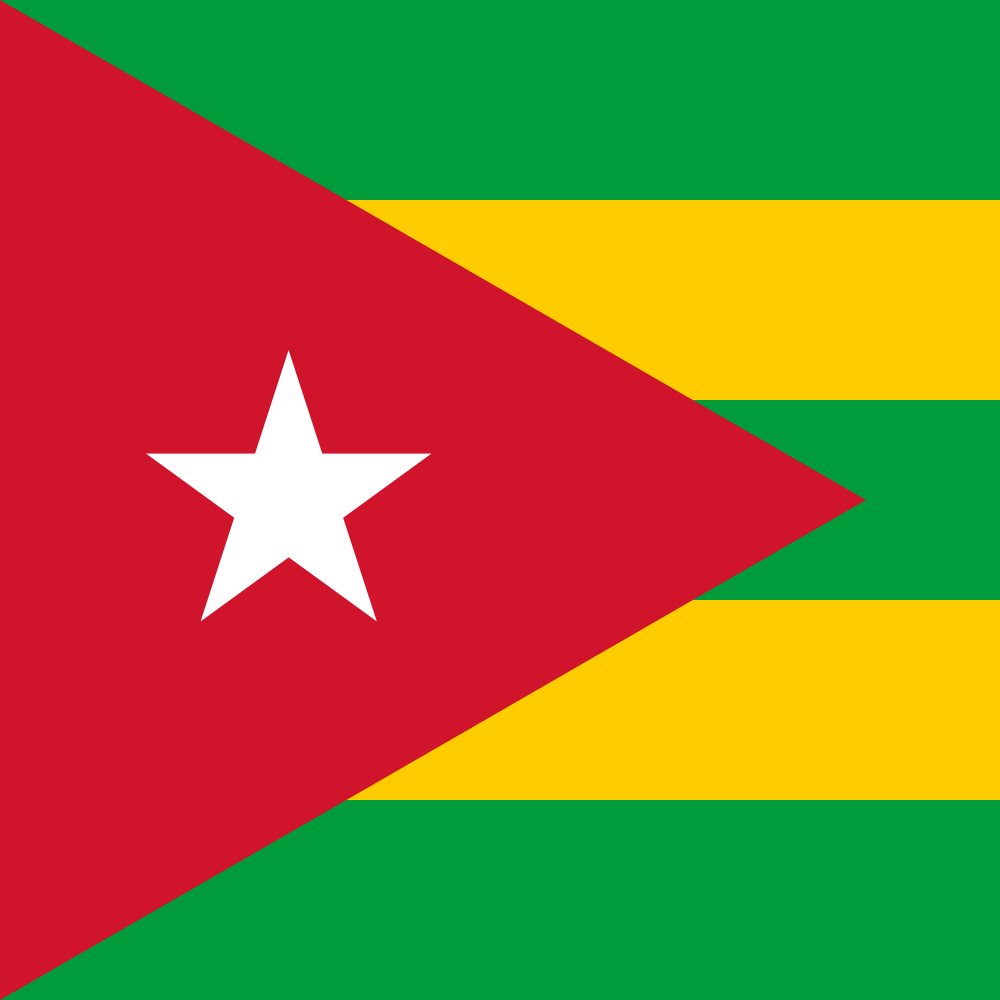- 155 Posts
- 623 Comments

 1·4 days ago
1·4 days agoSome very politically “neutral” are “the book of” series. https://www.goodreads.com/book/show/24878419-the-sociology-book https://www.goodreads.com/book/show/8493026-the-philosophy-book
You can find them on Anna’s archive.
I honestly don’t know how to describe them relative to how lemmygrad’s political line, but I like that there’s a time line, and it felt complete enough for my young self.
I suppose after getting a grasp, some vocabulary, and context, it is probably easier to follow prolewiki’s: https://en.prolewiki.org/index.php?title=Portal:Marxism
I’d also follow the collective study groups here, in your position. :)
Let me know how it goes! Hasta la victoria, siempre!

 11·8 days ago
11·8 days agoHow about starting with a guide, and make notes on primary sources for later?
Anything you get here will be someone’s take on the path for sociology. Just like the author of a sociology review guide/book.
Otherwise, sociology concepts tend to be non trivial to navigate, because beginners miss the historical context in which concepts are proposed. And where primary sources are coming from.
This take “primary sources only” hamper your potential understanding, in my opinion. Building this knowledge individually feels pointless, idealistic, even. Because it lacks dialogue with other people that are living and applying those concepts, and risks giving you just a perspective based only on your own limited experience, instead of an actual grasp on the gradient of sociological ideas. Which is apparently what you are looking for.
I mean. Who needs to eat when you can have a whole t-shirt? /s

 6·14 days ago
6·14 days agoIs that level of seniority expected in the battlefield?

 4·14 days ago
4·14 days agoLooks like you were bothered. Why? That might help figuring out the appropriate reaction.
Feels like you felt personally attacked for being the one they chose to cut in front to. If that’s the case, a clear “hey, please find somewhere else in the line to cut in front to” might be enough to get them to at least swap places with you. It acknowledges them, is polite, but firm.
Redtea is giving you the kind of deep questioning we do here to understand your first question. It’s not a question for you to answer. It’s the reasoning behind us questioning Wikipedia editors. And a really great job at that. He was really thoughtful, I don’t think I’d be able to go to the same level of detail.
The log will likely show that whoever came up with these questions was overruled, and for drawing lines and editorial choices, they went with a prominent Russia flag on one side, against a “neutral” link that may or may not contain NATO countries in it. See, these choices are not neutral. These choices follow the same choices regarding international politics as the big media conglomerates sponsored by the US financial system. How likely is that a coincidence?
I can agree with you that the updated list is better. But the summary still leans one way. At least it gives people some chance to go deeper, now. Still, most people won’t, so it’s fair to expect most people will just think Russia vs Ukraine. With some suppliers around them. ‘Probably “terrorists” and “dictators” (also terminology used by the same finance-system financed media) behind Russia, since we’re good guys and they’re bad guys, duh.’
NATO involvement, in supplying Ukraine with weapons and intel, I suppose?
It’s probably fair to say that Zelenski isn’t actually calling the shots for Ukraine, for example? In which case, what is the actual actual sovereign entity involved in the conflict, on Ukraine’s side?
Thanks for biting. :)

 4·25 days ago
4·25 days agohttps://pca.st/episode/cff5699b-99fc-4ec8-9854-944f359631ec
One more from one of my favourite news podcast. Not outspokenly communist, but based as fuck. And sprinkled with fun editing. ;)

 6·26 days ago
6·26 days agoI wasn’t aware of the controversy, but I’m not surprised it’s yet another mess caused by the existence of the British empire.

 9·26 days ago
9·26 days agoIf they’re Brazilian, we have a few comrades doing really great comms on youtube: Jones Manoel, Ian Neves, João Carvalho, Humberto Matos, to name a few.
This is a 2h30 long lecture for web on the topic. With almos 600k views.
https://youtu.be/JwDDPwGT7UQ?t=3m33s Or this, in 20 minutes, hot from today.
Theres also the podcast xadrez verbal. Two historians discussing international politics weekly, adding a lot of historical context to current event. Not revolutionary, but it brought me much closer to the lemmygrad line. Their coverage after Oct 7 was almost 8 hours long. https://youtu.be/gDaChPREsd8?t=13m54s
Uhm. Maybe they don’t need that much, but if conversation open up, there’s a few sources there. All of them really great at explaining the historical context around everything.
We also have c/Brazil, here… For later. Best of luck!

 4·1 month ago
4·1 month agoYour work is beautiful, comrades.

 5·1 month ago
5·1 month agoThe AI generated videos are too real! It’s all fake! /s
That’s how I know it’s not satire. Nothing in his argument is tied into anything.

 17·1 month ago
17·1 month agoWhen I left reddit for lemmy I noticed that any instance blocking lemmygrad would become a shitshow very quick.
I regret nothing.

 14·1 month ago
14·1 month agoThey never report casualties. Unless someone leaks irrefutable evidence. And even then. Not always.

 5·1 month ago
5·1 month agoMy read is that:
-
dialectical relates to the tension between opposites. Pick “anything”, there’s something else in conflict with it, causing it to be, or not to be. This contrasts with a frictionless immutable analysis, where there’s no interaction between the “anything” you’re analysing and it’s surrounding context.
-
historical means that this analysis is applied to historical aspects of society.
-
materialism means that any support on the analysis must be originate in material reality, with as much context as possible. In contrast with idealism, which is kind of moral judgement on what things look like, or should be.
Am I too far off?
-

 3·1 month ago
3·1 month agoYou guys ever plan to occupy Instagram/tiktok space?


Sorted.
I’d suggest using industry standard (utm tracking codes) for that. I thought v=10 was a versoning parameter and didn’t remove it. :D